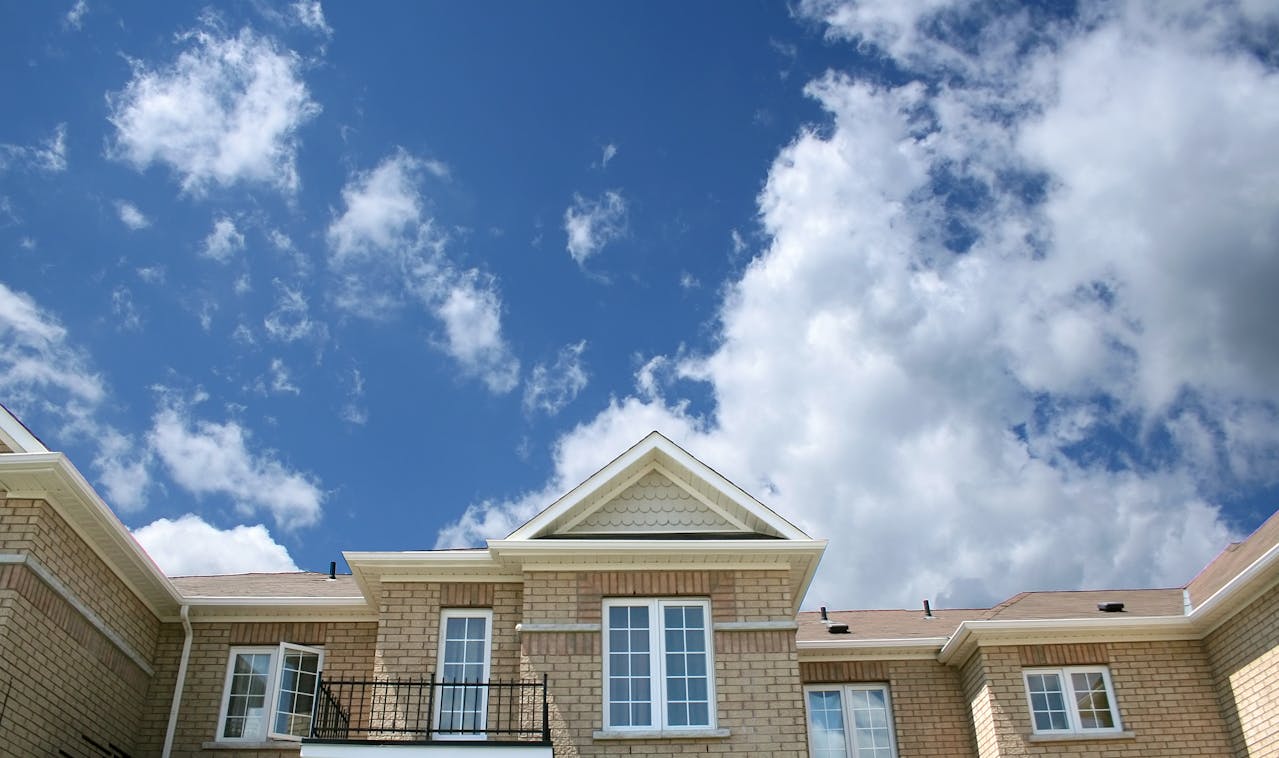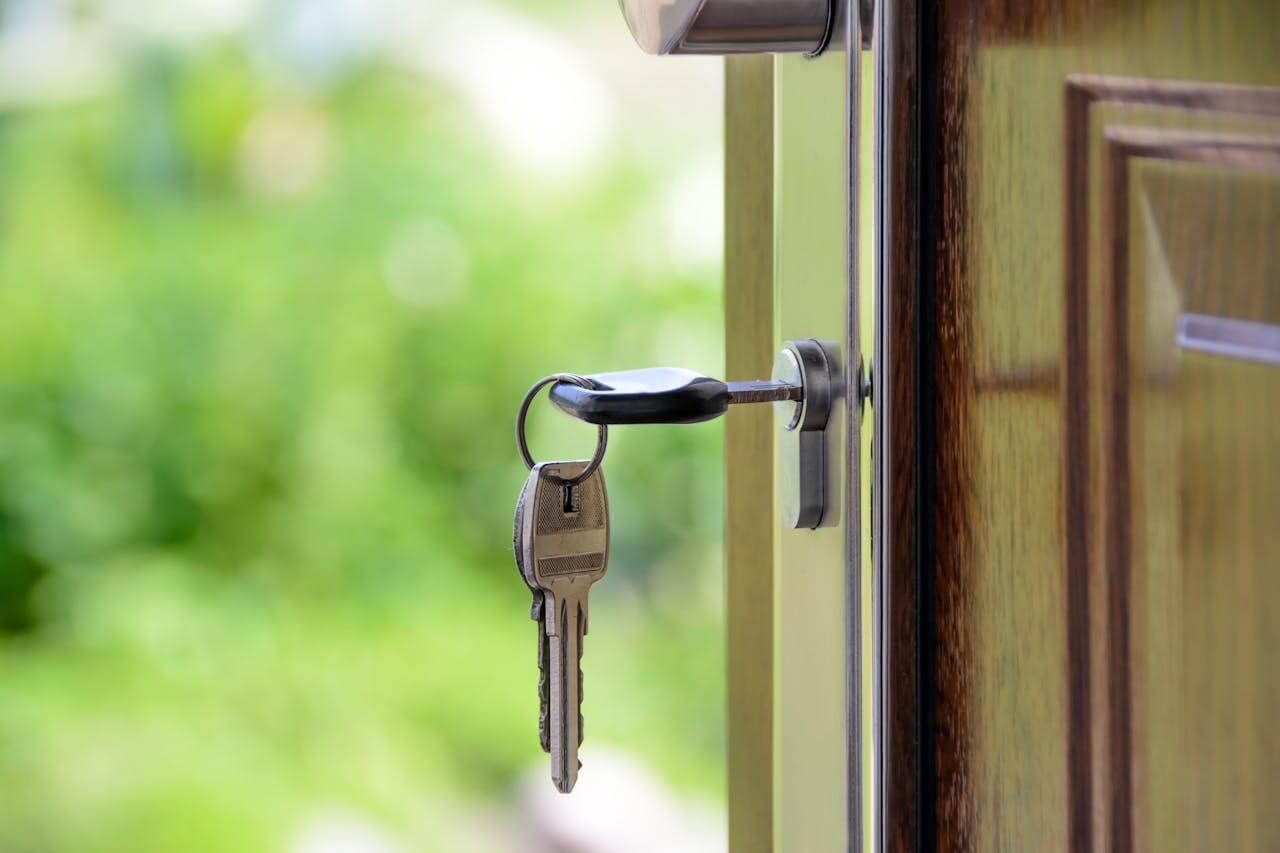
What is a Senior Stretch Loan?
A senior stretch loan can help you purchase a property …
When looking to purchase a residential or commercial property, it will either be classified as freehold or leasehold and this differentiation significantly impacts your rights over a property, the maintenance costs and your ability to make changes to it. Below we talk about the advantages and disadvantages of leasehold and freehold.
Leasehold – you own a lease agreement for either 99 or 999 years. Even though you own the flat or maisonette you still need to pay service charges, ground rent and have to ask permission to change your property or have pets in the property. You will need to pay if you wish to extend the lease.
Freehold – you own the property, you can make changes whenever you want, you are responsible for the upkeep of the land, you will collect rent from those with leaseholds and this might even be a management company. This is the most common scenario for homes in the UK unless you share ownership of the building with the local council.
Any property that is a leasehold (plus the land that it sits on) is owned by a landlord (or freeholder). When purchasing a leasehold property you own the property for a defined period of time that is determined by the freeholder. Leases are generally over a long period of time and range from 90 years to as much as 999 years. In some cases the leases can be as short as 40 years.
When the lease of a property is finished, the freeholder will regain ownership of the property. If the leaseholder wants to maintain ownership they will need to extend the lease.
A contract is drawn up between the leaseholder and the freeholder that lays out the legal rights and responsibilities. This normally includes:
The freeholder is responsible for the exterior of the property including the roof and the walls. They will need to pay for any maintenance on these parts of the property. In some cases the leaseholder will request their ‘right to manage’ which will let them assume this responsibility instead.
A yearly ground rent is paid to the freeholder – this can be either a fixed charge or something that increases over time. Historically, leaseholder properties had fees as low as £10 but today’s ground rents have gone up and are now average £371-a-year for new builds and £327 for properties that were built before 2016.
Usually ground rent fees are not a concern for new homebuyers. However, some new-build developers have been putting clauses in to leasehold contracts that cause ground rent to double every decade. This will result in thousands of cases where ground rent will escalate to significant levels. If you think about a common ground rent of £300 could cost £2,400 after 30 years or a whopping £19.6m after 160 years!
As a new owner this might not be an issue for you if you’d like to sell within ten years, however these clauses can present difficulties when trying to sell a property.
Any savvy buyer will be against these scheduled increases and lenders will need to be aware of these escalating costs when reviewing a buyer’s mortgage application.
Ever since this scandal of doubling ground rents has surfaced , the government has put forward a bill that will completely ban new homes sold as leasehold and to reduce ground rents to zero for other properties.
Beware; if you do not pay your ground rent, a landlord can take you to court to recover the outstanding debt. In the most severe of cases a landlord can attempt to repossess your property. This is only possible if you owe more than £350 and you are in arrears for three or more years.
If you extend your lease under the Leasehold Reform Act 1993 you can abolish your ground rent fees. This is widely known as ‘peppercorn rent’.
If you own a leasehold property you will need to pay a yearly service charge to the management company or landlord. This will cover insurance, general maintenance and repairs on the property. This can add a significant amount to your expenses over the year. Service charges have been increased by a third of management companies over the last 2 years and have increased their average cost to over £1,600 per year.
Service charge will usually cover the cost of lifts, cleaning of common areas, lights and garden maintenance. It might also be used to create a pool of money to fund larger single expenses such as completely overhauling a lift or fixing a faulty roof.
Most newer leases have a service charge that is varied whereas some older properties have a fixed year charge. A variable service charge fluctuates depending on the costs estimated by the freeholder each year, and the size of the property.
Any major building works on the property will need to be approved by the freeholder. This can come at a significant cost – sometimes buyers are charged £100 just to have a letter written in response to a question.
The cost for asking for permission for a new addition or extension to the cost can be as much as £2,500 – and this does not include planning permission.
This is completely at the discretion of the freeholder. Depending on the contract the leaseholder might face other restrictions on top of this – you might not be able to smoke, or even sublet the property. If you fail to adhere to these terms you could find the lease being forfeit.
If the lease for your property is short, it can be difficult to sell. The longer remaining on the lease, the easier it will be to sell the property.
If you own the freehold of a property you also own the land and any property built on it with no restrictions on the period of ownership. Buyers favour freehold as it has a number of benefits, principally avoiding paying thousands to a freeholder and having complete control over when to start building, and what you build (as long as it is approved with the council).
If you buy a freehold, you could benefit from:
You might be able to move from leaseholder to freeholder by buying the property outright. This process is called ‘enfranchisement’. This will involve complex legal proceedings and might cost a lot, but will be significantly beneficial for you in the long run – especially if you plan to stay in that property for the foreseeable future.
Whether you can buy the property outright will depend on whether you own the flat or house and you will need to seek professional assistance and advice.

A senior stretch loan can help you purchase a property …

A mortgage offer officially lasts for 3-6 months depending on …

If you have purchased a car through a dealership using …